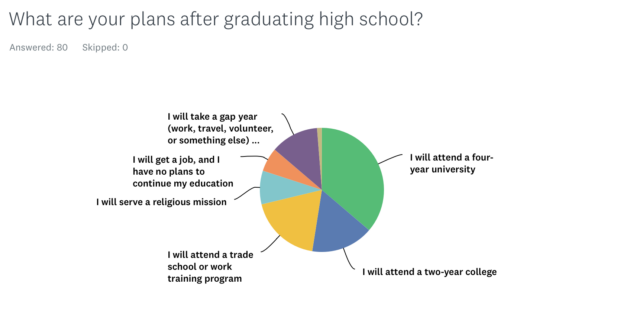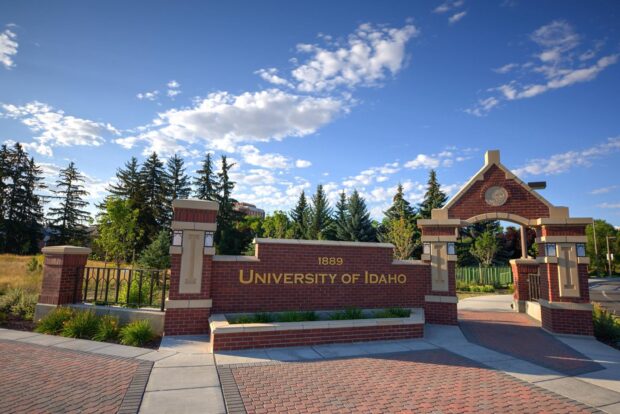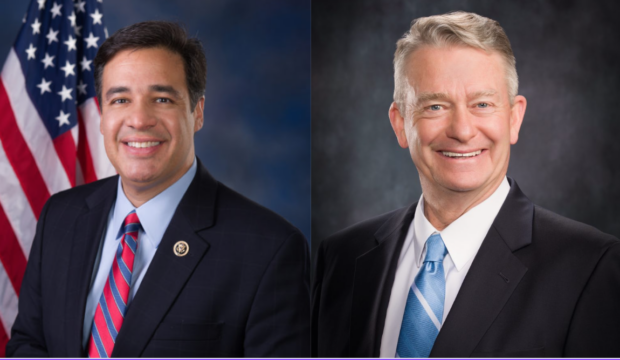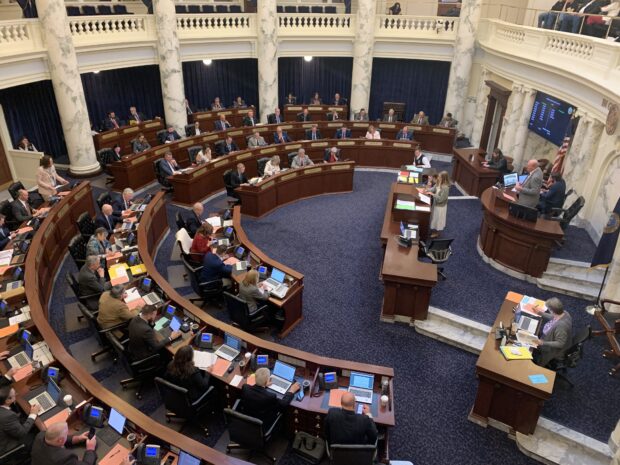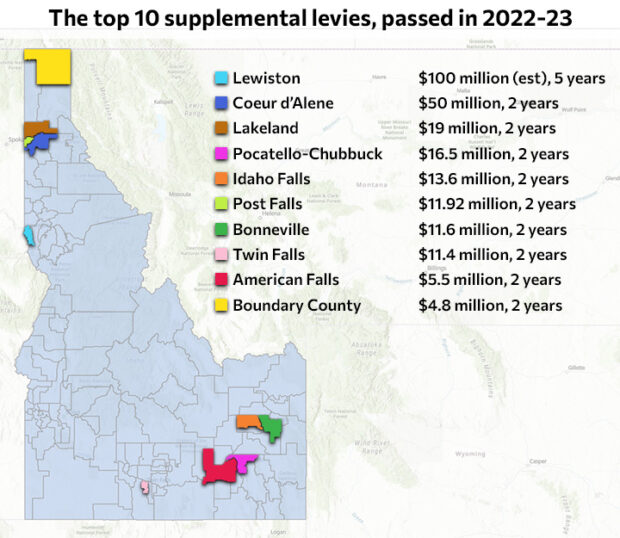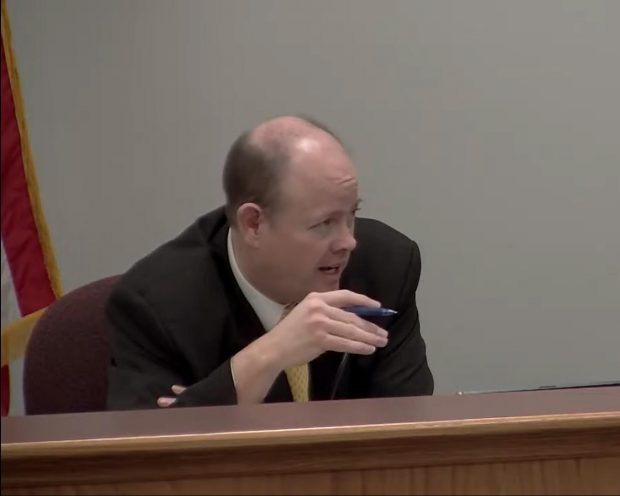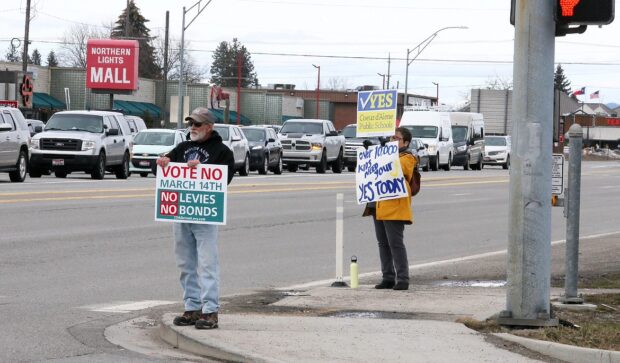Featured Series
Stories about Idaho’s educators, students and policy makers plus features on bright spots in Idaho education.
BEYOND GO-ON: What state data does — and doesn’t — measure
Education leaders say go-on data doesn’t cover the full extent of education success in Idaho.
BEYOND GO-ON: What high school seniors are saying about their future plans
We surveyed 80 teens about what’s next. They’re not all going to college, but they aren’t floundering, either.
BEYOND GO-ON: Four young adults talk about their diverse paths after high school
Their next steps are as unique as they are — and college is just one of many options.
BEYOND GO-ON: How my gap year changed my life — and prepared me for college
It was the only option for life after high school that sparked my interest and got me excited about my future.
NewU vs. NewU: The anatomy of a U of I branding dispute
The University of Idaho dropped the brand after a lawyer for Washington, D.C.-based NewU University began demanding money.
Analysis: Labrador-State Board legal fight transcends closed meetings
The lawsuit is a juicy political showdown between Attorney General Raúl Labrador and the State Board of Education — and by extension, Gov. Brad Little. Here’s why this case matters.
A new law requires transparent levy elections — but the results are mixed
Some districts write sketchy ballot language, which means voters can’t tell where their money is going. These districts are taking a big risk. The law would allow a judge to nullify an election over flimsy ballot language.
Districts lean on short-term levies to pay for long-term investments — people
School districts use the bulk of voter-approved supplemental levies to cover their single biggest expense: salaries and benefits. That allows schools to hire more teachers and reduce class sizes, or keep experienced educators in the classroom — as long as voters say yes to the levy.
All politics is local, and levy elections can be contentious or routine
It took five months, and two loud elections, for Coeur d’Alene to convince their patrons to keep a supplemental levy on the books. But in many other communities, voters quietly and reliably support levies.
Lawmakers rewrote the school election calendar. What happens next?
Starting next year, school districts have only three dates when they can run a levy. But the schools also will have more state money — designed to offset bonds and levies. It’s a classic tradeoff, and a hard one to handicap.


